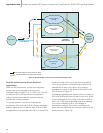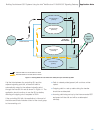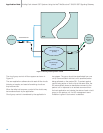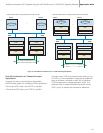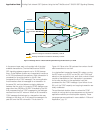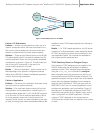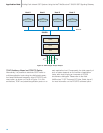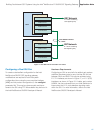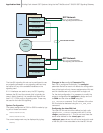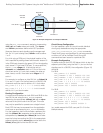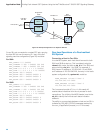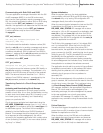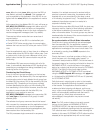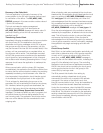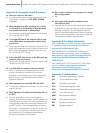
Appendix A: Frequently Asked Questions
Q: How can I tell if an SIU fails?
A: The status of the communication between the host
and the SIU is indicated by RSI_MSG_STATUS
messages.
Q: What happens if an SS7 message for a circuit
or transaction is received by an SIU that does
not control that circuit or transaction?
A: The message is automatically passed to the partner
SIU using the TCP/IP LAN.
Q: If a single SS7 link to the network fails on one
of my SIUs, does my application need to take
any action?
A: No. If there are other links remaining on that unit, the
traffic will changeover to one of these; otherwise, the
traffic will be automatically passed to the other unit
via the inter-SIU SS7 link set.
Q: If all of the SS7 links to one of the SIUs fails do
I need to take any action?
A: No. The SIU will automatically re-route transmit traffic
via the inter-SIU SS7 link set.
Q: If an SIU fails do I need to take any action?
A: Yes. For switched-circuit applications, the circuit
groups controlled by the failed unit should be
activated on the remaining unit. Further information
may be found in the Intel NetStructure SIU520
Developer’s Manual.
Q: What happens if an inter-SIU SS7 link fails?
A: The SIU will changeover to use other SS7 links in the
inter-SIU link set.
Q: What happens if the Ethernet interfaces fail on
an SIU?
A: This will cause failure of all of the connections
between the hosts and the SIU. The SIU will react by
deactivating all connected SS7 links, preventing any
more signaling information from being received from
the SS7 network. The host applications will receive
an indication indicating failure of the SIU and should
transfer any circuit groups controlled by this SIU to
the remaining unit, the effective result being as
though the complete unit had failed.
Q: Do I need to activate circuit groups on a single
SIU configuration?
A: No.
Q: How many links should I configure in the
inter-SIU link set?
A: The inter-SIU link set should have sufficient capacity
to enable it to carry the maximum traffic exchanged
between a single SIU and the adjacent signaling
point. To eliminate single points of failure, more than
one link may be configured in the link set, each link
connecting to a different signaling card.
Appendix B: For More Information
Intel
®
NetStructure™ SIU520 Developer’s Manual, Issue
2, available at http://resource.intel.com/telecom/
support/ss7/siu520/u06siu02.pdf
Intel
®
NetStructure™ SIU520/Intel
®
NetStructure™
SG430 Hardware User Manual, Issue 3, available at
http://resource.intel.com/telecom/support/ss7/CD/
ProductSpecific/SG430/HardwareUserManual/
U05SIU03.pdf
Intel
®
NetStructure™ SS7 Protocols DTS User Guide,
Issue 2, available at http://resource.intel.com/
telecom/support/ss7/cd/GenericInfo/
GeneralDocumentation/U24SSS02-DTS-UG.pdf
Appendix C: Abbreviations
API Application programming interface
CIC Circuit identification code
DPC Destination point code
DTC Distributed transaction client
DTS Distributed transaction server
LAN Local area network
MMI Man machine interface
PCM Pulse code modulation
SIU Signaling interface unit
SS7 Signaling system 7
Application Note Building Fault-tolerant SS7 Systems Using the Intel
®
NetStructure™ SIU520 SS7 Signaling Gateway
24



